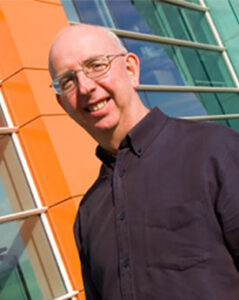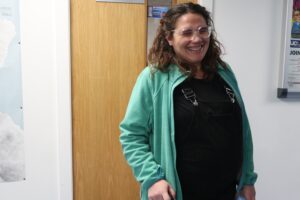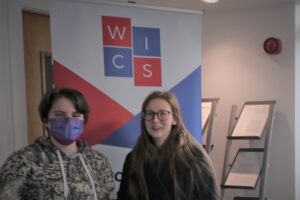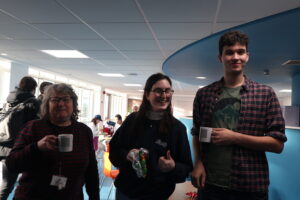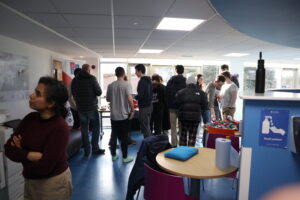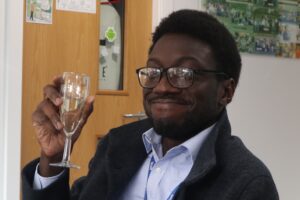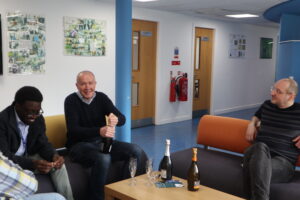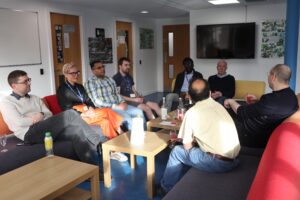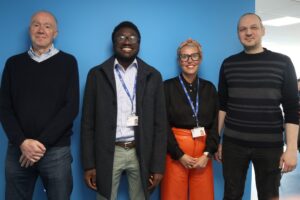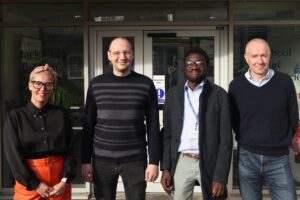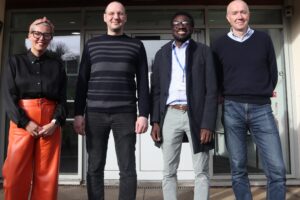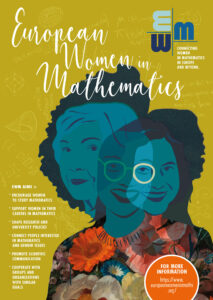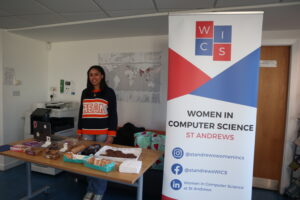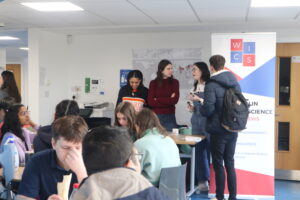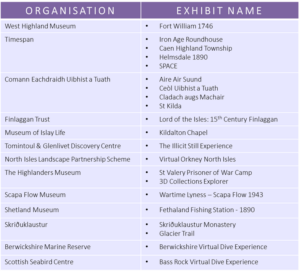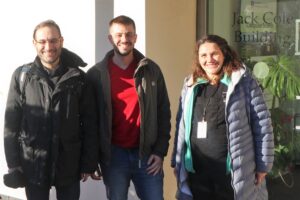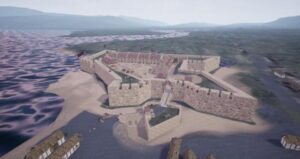Professor Gordon Blair
Prof. Gordon Blair is Head of Environmental Digital Strategy at UKCEH. He is also a Distinguished Professor of Distributed Systems at Lancaster University where he holds a part-time post (20%). He is also Co-Director of the Centre of Excellence in Environmental Data Science (CEEDS), a joint initiative between UKCEH and Lancaster University. His current research interests focus on the role of digital technology in supporting environmental science. This includes new forms of environmental monitoring and data acquisition, including the role of Internet of Things technology, new forms of computational infrastructure to support the storage and processing of such data, specifically using cloud computing, and new forms of analysing and making sense of this data using data science and AI. This all builds on a strong legacy of research in distributed systems, having been involved since the inception of the field in the early 1980s, including research in the area of middleware architectures that underpin complex distributed systems applications and services.
Abstract:
Computer Science innovation has revolutionised many areas of society including the way we work, play, shop and indeed study. Computer science also has enormous potential in environmental science, including supporting scientists in understanding the impacts of climate change and developing mitigation and adaptation policies and approaches. Examples include new forms of environmental monitoring and data acquisition, including the role of Internet of Things technology, new forms of computational infrastructure to support the storage and processing of such data, specifically using cloud computing, and new forms of analysing and making sense of this data using data science and AI. This series of talks will examine the role of computer science in addressing the massive challenges associated with a changing climate. The first talk will examine the opportunities in this area in some depth, also considering for balance the negative impacts of computing technology on the environment, highlighting the need for responsible innovation in this area. The second talk will zoom in on the nature of environmental data and the unique challenges in terms analysing and making sense of these unique data sets. The final talk will then look at one grand challenge in the environmental space – what does it mean to build digital twins of aspects of the environment.
Time: 12:00 – 17:00
Date: Tuesday 14th March
Place: Medical Booth Lecture Theatre
- 12:00 – Welcome
- 12:15 – Lecture 1 with Q&A
- 13:15 – Uncatered lunch break
- 14:30 – Reconvening remarks
- 14:35 – Lecture 2 with Q&A
- 15:30 – Catered coffee break
- 16:00 – Lecture 3 with Q&A
- 16:55 – Concluding remarks


